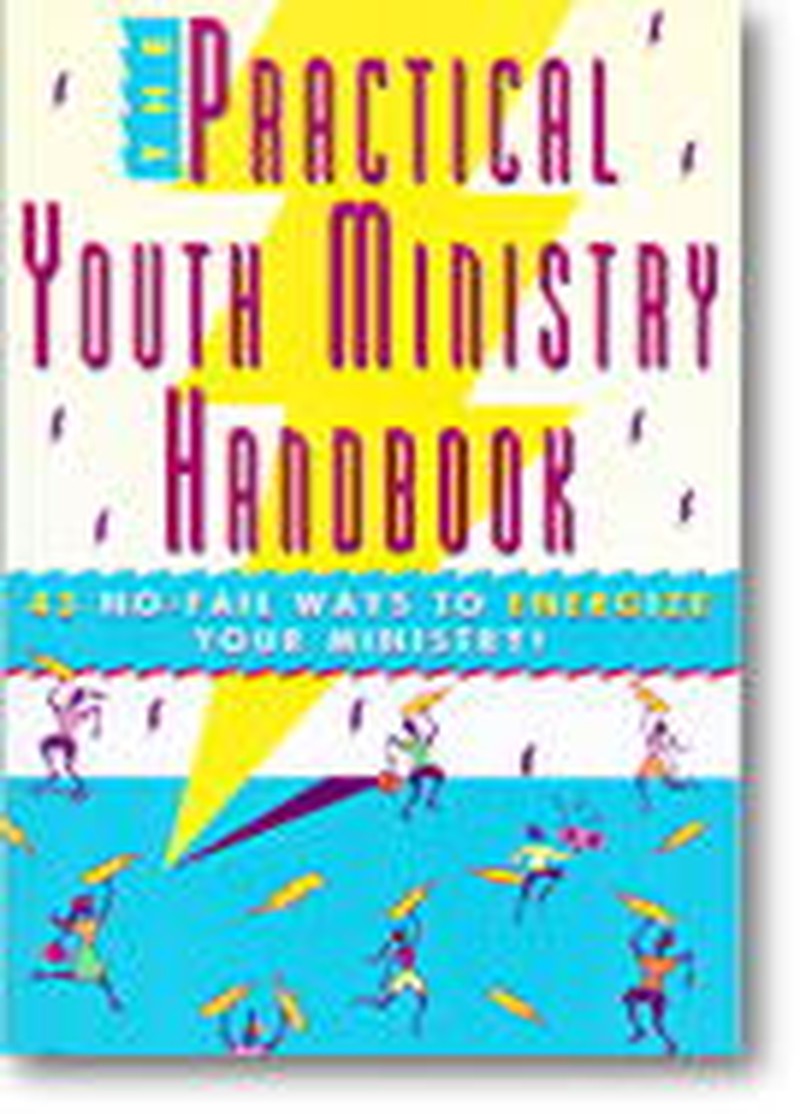Organize your youth group for success
- Published Sep 27, 2001

There are several different models used to organize a youth ministry, but none is more need-centered and Christ-centered than the model called youth-based youth ministry. In this model, young people themselves do most of the planning, preparing, and executing for youth ministry programs, activities, and service missions. ** Even if you have a youth group ministry, it may be time to try a different model to breathe new life into your organization.
Youth Ministry Organizational Structure:
- Administrative Team
- Temporary Planning Task Force
- Steering Committee
- Youth Group
Administrative Team: You already may have this structure called a Youth Board or Committee.
Responsibilities:
- Supervision. This team keeps the goals and practices of the overall ministry in focus.
- Recruiting adult volunteers. They screen, recruit, and assign adults to help in youth ministry roles.
- Training. They're responsible for training adults who work with kids and for the kids who lead other kids. They can do the training themselves, or call in other resource people to provide training.
- Appointing key people. They select an adult who will chair the Steering Committee, which is made up of youth and adults and in many ways is the backbone of youth-based ministry.
- Evaluating. They observe the progress of the youth ministry and offer suggestions for improvement.
- Encouraging the other teams. They remind everyone of the ministry's goal and the progress it's made if temporary setbacks cause discouragement.
Planning Task Force: This group is comprised of a few young people and adults, and serves the vital function of building a constitution for the youth ministry, then mobilize people to bring it to life. More than half should be teens, elected by their peers or selected by the Administrative Team.
Responsibilities:
- Establish a purpose. The group needs to write a statement of purpose for the ministry. What is the end-goal of your youth ministry? Why should it exist?
- Determine a member profile. Is the group for junior high and senior high combined? Combined all the time or just on special occasions? What about high school graduates? Is the group designed on the interests of kids in your church, or the unchurched kids in your community?
- Form a schedule. Should your group meet weekly? What's the best day to get together? What time should the meeting begin? How long should it last? Where should you hold your meetings? What are the advantages to meeting in homes? In the church building?
- Design formats and schedules. What are the essential elements that should be included in every meeting? What are the highest values we want kids to understand: worship? affirming relationships? Bible knowledge? social involvement? How can your meeting formats reflect those values? How many special events should you have each month? Who are the special events for: regular attenders or potential new youth? How many retreats or mission trips should you plan each year? What should be the purpose of these trips?
- Design a Steering Committee. After this group finishes its task, you'll need an ongoing team of youth and adults to plan programs and handle administrative decisions. How many young people should serve on it? Should each age group be represented? Who and when will they be elected? How long will they serve?
- Clarify the roles of adults. A strong team of adult volunteers is needed for any youth ministry to remain healthy and growing. What are the roles and how long is the term of service? Develop a list of desired qualities and possible duties of adult volunteers. One church group said: We want our adult volunteers to help lead some activities, be temporary parents, help supervise, support the group members, provide crowd control, listen to youth, help with decisions, trust youth, share their faith, and let kids lead.
- Solidify your constitution. Write all your decisions in a clear manner and assemble them in a document.
- Plan the launch. Now you're ready to plot the first few months of the youth group's life. Start with a special event. Organize and prepare the youth group meetings for the first three months or so. This will give the new Steering Committee a chance to get organized.
Steering Committee: Once your Planning Task Force has completed its work and your youth ministry is launched, the Steering Committee takes over.
Responsibilities:
- Setting priorities. This team struggles with tough questions as: Are we successfully encouraging Christian growth in our group? Do we have a good balance of nurture and outreach? How are we ministering to the inactive kids in our group? How much time should we devote to fun versus spiritual-growth programs?
- Planning. Future youth group meetings, programs, projects, retreats, and special events are planned. Once plans are initiated, responsibilities can be delegated to other young people or task forces.
- Setting policies. Youth ministry needs rules, guidelines, and procedures to operate smoothly. Many policy decisions are made in this group, others are referred to the whole group.
- Handling discipline problems. A few young people in any group will always challenge the authority and break the rules. Many of these cases are best handled by their peers on the Steering Committee.
Evaluation: An essential element in Youth Ministry is evaluation. Without looking at the positives and negatives of your ministry, you'll never know what you're doing right and what could use improvement. Evaluations need to be done by adult volunteers, the Steering Committee, and the whole group.
Reprinted by permission from The Practical Youth Ministry Handbook, compiled by Michael Warden. Copyright (c) 1993 by Group Publishing, Inc., 1515 Cascade Ave., Loveland, CO 80539, 1-800-447-1070.




















